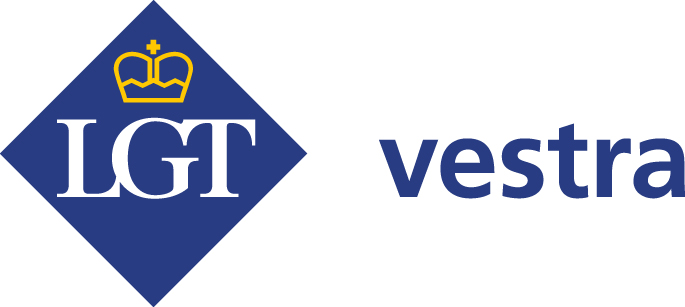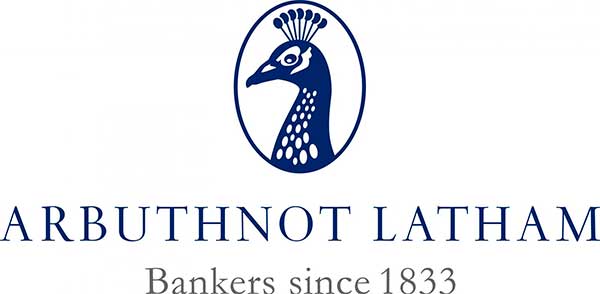This month:
Investors are urged not to be overly spooked by the Chinese Communist Party’s private sector crackdown and to consider the considerable merits of certain emerging market bonds and food production as an investment theme.
Expert investment views:
The case is made for continuing Chinese opportunities, albeit with caveats
Food production is hailed as a key focus for those interested in thematic investing
The attractions of emerging market bonds versus developed market counterparts are highlighted
Featuring this month’s experts:



1. A wakeup call for investors in China, or an opportunity?
The growth in the Chinese economy has provided huge opportunities for investors. With a population of 1.4 billion, China is likely to be the largest economy in the world in the next decade. Some investors had begun to treat China as a developed market, but recent actions of the ruling Communist Party (CPC) remind us that it still carries many of the risks associated with emerging markets.
Last month, it was the education sector’s turn to be targeted by the party, with the CPC severely cutting foreign private sector involvement and curtailing the opportunity to make money out of education. This came as a massive shock to the market. For example, TAL Education American Depository Receipts, which had risen 168% in 2019/20, fell over 70% in a day. This attack on education companies came after a stream of other regulatory activities hit many technology companies over the last few months. Clearly, the CPC is flexing its muscles and exerting its authority.
The potential for investors in China remains huge and Chinese companies may still look for foreign capital. However, this comes at the price of keeping the administration happy
The potential for investors in China remains huge and Chinese companies may still look for foreign capital. However, this comes at the price of keeping the administration happy. The market tends to be more volatile with many individual investors who actively trade their portfolios and often have leveraged positions. This means that the market can be more unpredictable, reacting quickly to policy changes. Investors should continue to see the opportunities in China but given the volatility positions should be sized to reflect the risks.

Jonathan Marriott
Chief Investment Officer at LGT Vestra
2. Food for (investment) thought
Investing for the long-term can be challenging at times, but with prudent management this journey can also provide opportunities for investors to identify and benefit from various structural changes impacting the world around us.
A thematic investing approach allows investors to allocate some capital to areas of the market that defy traditional classifications or silos such as countries, region or sector. Themes can evolve slowly over time or can be precipitated by events such as the Covid pandemic, but most involve a combination of technological development, regulatory shifts or demographic and environmental change, to name but a few factors.
The pandemic has helped create a number of investment opportunities relating to the enforced shift in working practices, but another area where a number of underlying growth themes are particularly prevalent is food production
The pandemic has helped create a number of investment opportunities relating to the enforced shift in working practices, but another area where a number of underlying growth themes are particularly prevalent is food production. The global population is growing at roughly 1.1% per annum, which doesn’t sound like much, but when you consider it’s an extra 83 million people every year that need feeding, it starts to put the importance of this theme into perspective.
Whilst technologies are emerging to increase the rate of food productions, investors are beginning to turn their attention to the sustainability of these agricultural practices and the impact they have on the wider environment. With the structural tailwinds clearly in place, advancement in food production, plant-based proteins and inevitably, waste management are likely to attract increased investor focus and capital.

Colin MacKenzie
Director, Investment Management at Arbuthnot Latham & Co., Limited

Top Tip

Lee Goggin
Co-Founder
3. Attractive returns in fixed income?
With interest rates across the developed world having continued their descent over recent months, investors could be forgiven for thinking that the future of the fixed income asset class does not look particularly exciting. 10-year US government bonds currently provide an annualised return of just 1.37% if held to maturity and are arguably the stand-out attraction, with UK and European bonds offering far less in absolute terms (in some cases even negative).
Stepping further out on the risk curve in developed markets looks equally unappealing to us as the additional yield over and above that of domestic government bonds (often referred to as the “credit spread”) is at or near historic lows across both investment-grade and high-yield corporate bonds; this despite a significant increase in underlying corporate debt, and hence risk of default, both pre and post-pandemic.
One area we believe to be attractive in this context is select emerging market sovereign bonds denominated in their underlying local currency. Many emerging markets have been huge beneficiaries of the recent surge in commodity prices and, in our view, the value of their currencies in some cases does not fully reflect this strength
So, in an environment in which global economic growth and inflation are running at some of the highest levels seen in many years how can fixed income investors position themselves to benefit from these trends?
One area we believe to be attractive in this context is select emerging market sovereign bonds denominated in their underlying local currency. Many emerging markets have been huge beneficiaries of the recent surge in commodity prices and, in our view, the value of their currencies in some cases does not fully reflect this strength. Central banks have also behaved very differently from those here in the developed world we have found, often choosing to increase the level of domestic interest rates in order to stave off the threat of ongoing inflation.
This stands in contrast with the US Federal Reserve’s view that strong re-opening demand and supply bottlenecks will lead to only temporary inflationary effects which can be looked-through.
The result of these differences in approach leaves the spread between yields available on certain emerging market bonds versus their developed market counterparts at levels we believe to be very attractive when viewed through the lens of history. This combination of good credit quality, historically attractive yields and undervalued currencies leads us to believe that double-digit returns are very much possible in this seemingly unpopular asset class.

Adam Jones
Investment Manager – Family Office at Hottinger Investment Management
Important information
The investment strategy and financial planning explanations of this piece are for informational purposes only, may represent only one view, and are not intended in any way as financial or investment advice. Any comment on specific securities should not be interpreted as investment research or advice, solicitation or recommendations to buy or sell a particular security.
We always advise consultation with a professional before making any investment and financial planning decisions.
Always remember that investing involves risk and the value of investments may fall as well as rise. Past performance should not be seen as a guarantee of future returns.



